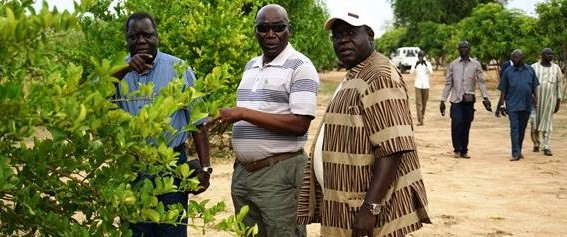Paul Malong Awan, chief of general staff of the Sudan People’s Liberation Army (SPLA), the official army of South Sudan, praised different units of the army preparing to commemorate 16 May, a day when the SPLA as a rebellion was formed in 1983, as source of unity of the country.
“If there are no people who tell you that you are the source of the unity of this country, that it is the SPLA which is the only institution which has managed to keep the unity of this country, then these people are not honest. But what I know is that people know that without you, SPLA, there would not be a country called South Sudan and without SPLA there would not be South Sudan,” said Malong.
“SPLA is like a blood in the body. When there is no blood in the body, what happens, the movement ceases and when there is no movement the person stops movement and can collapse,” Malong told a group of soldiers preparing for the 16 May parade on Monday.
Malong, who was speaking to a select group of soldiers on Friday, used his first public address to the army after the return of armed opposition leader Riek Machar to admit that there were times the army under his administrative command lost control of some areas due to operational requirements of the fighting force.
“Sometimes, in some circumstances, we are forced to move forces from some areas to others areas where there is a requirement. This is because our presence is determined by the requirements so that it doesn’t allow the collapse of the rest of the areas,” he said.
Malong’s remarks were notably devoid of the bluster normally associated with strongmen in times of military operations. The top commander earlier this month visited his farm in Northern Bahr el Ghazal State, where he was photographed out of uniform by state media, depicting him inspecting his land and livestock, and accompanied by Ambassador John Andruga Duku.




